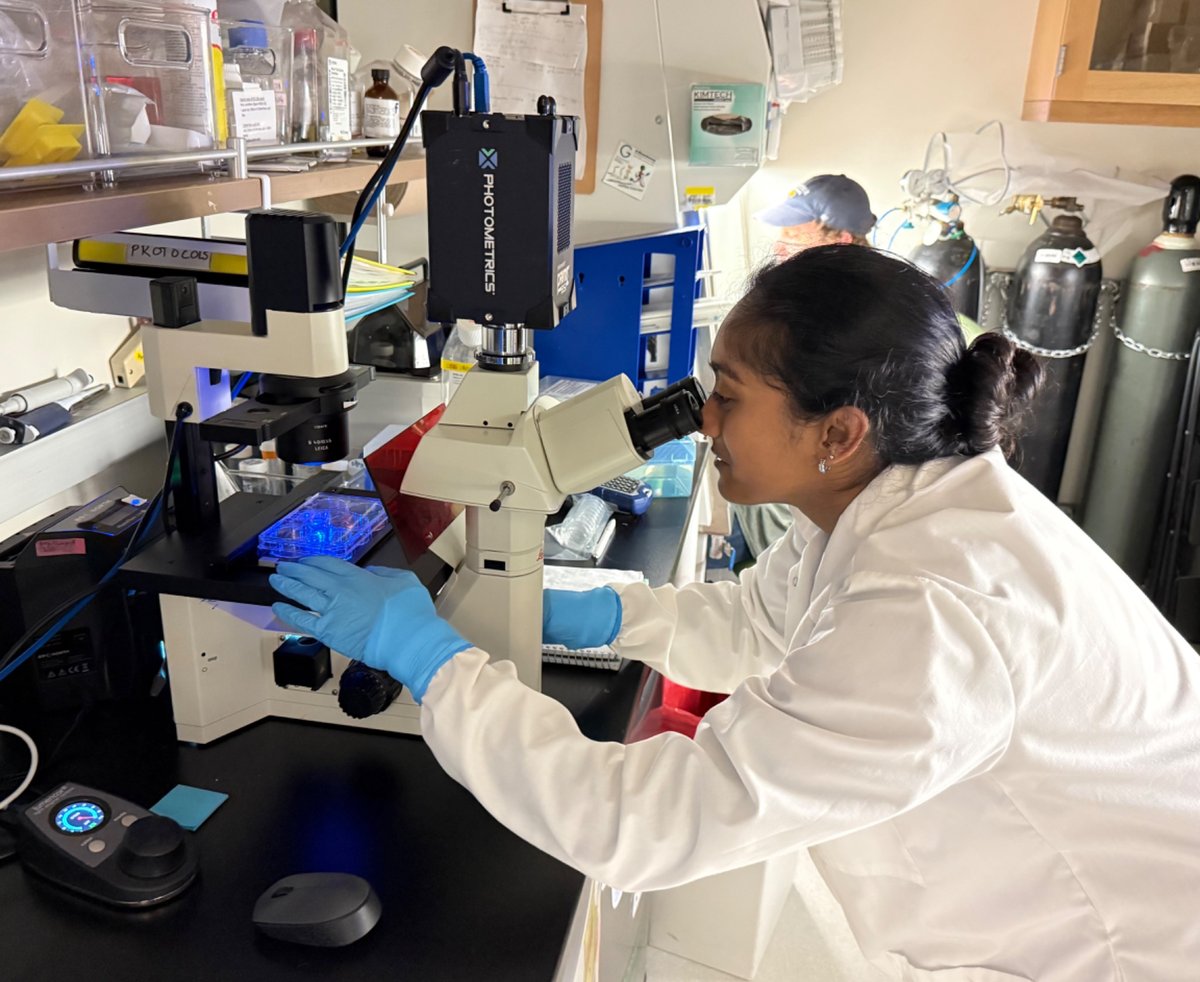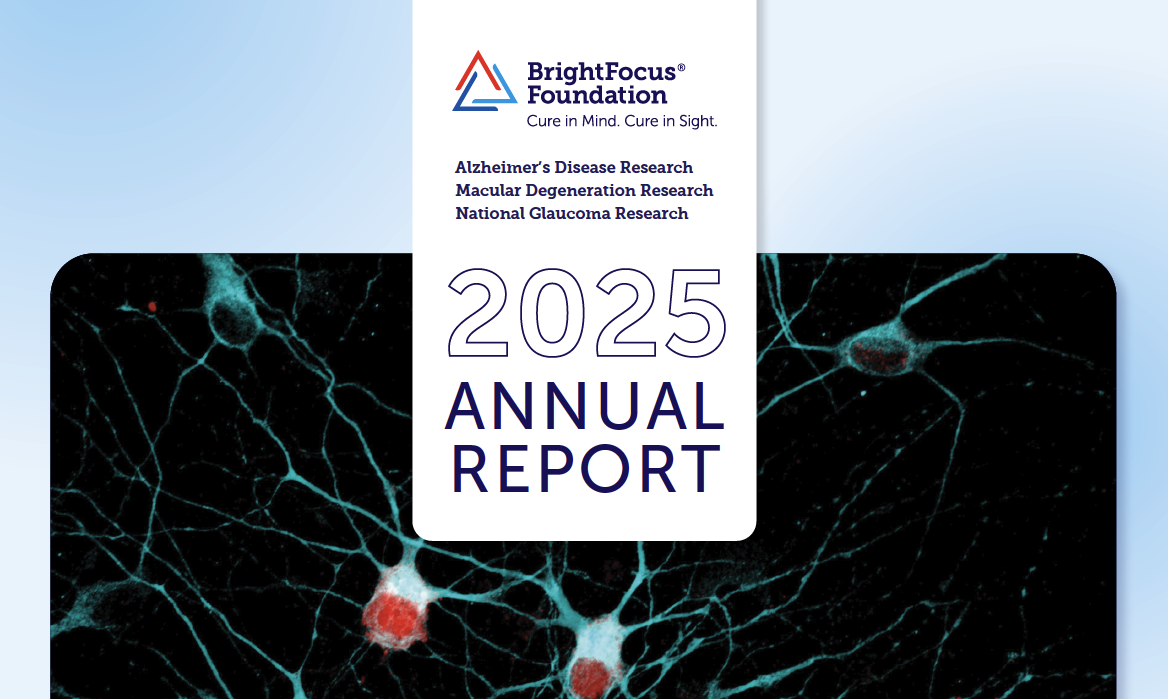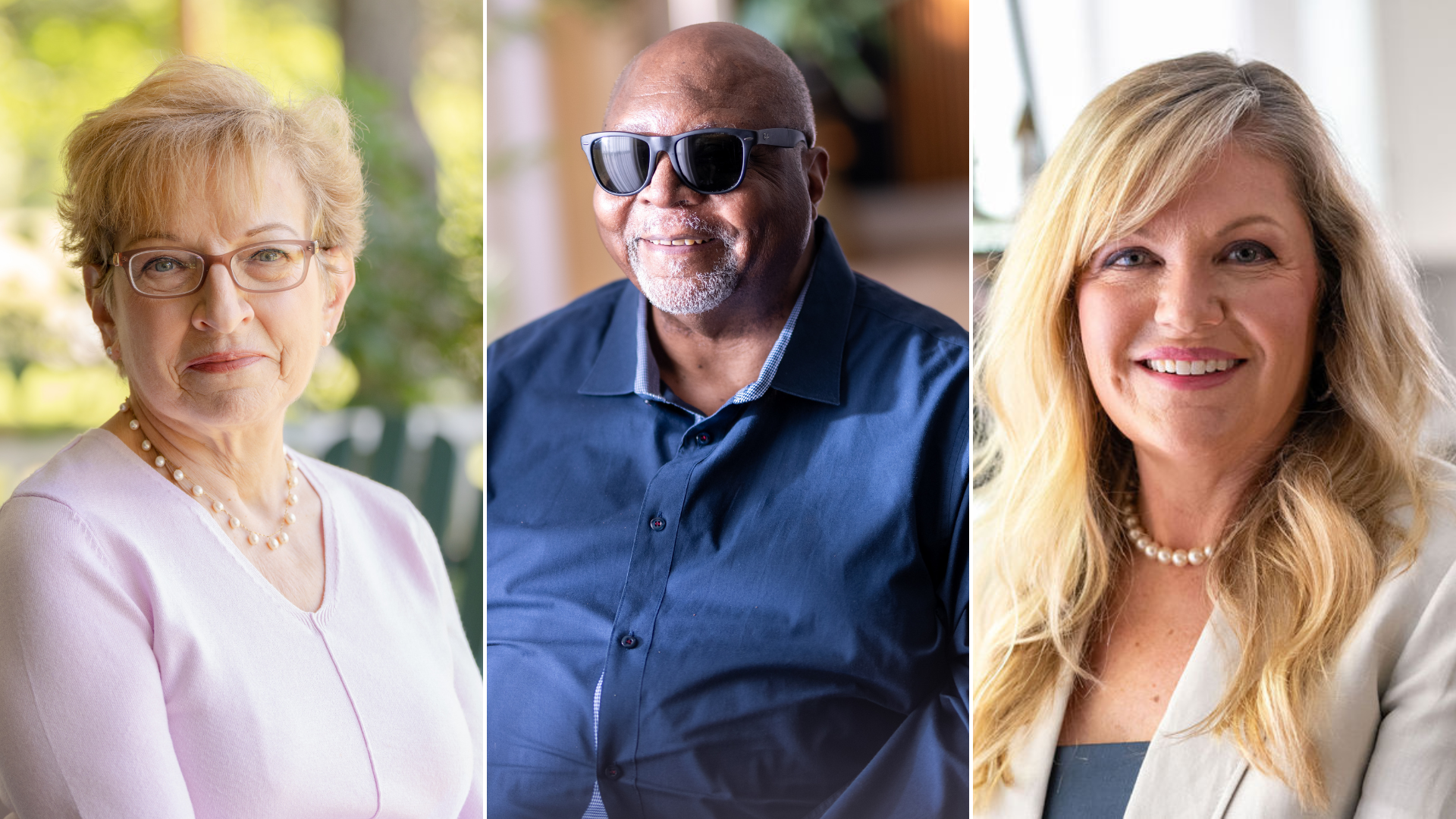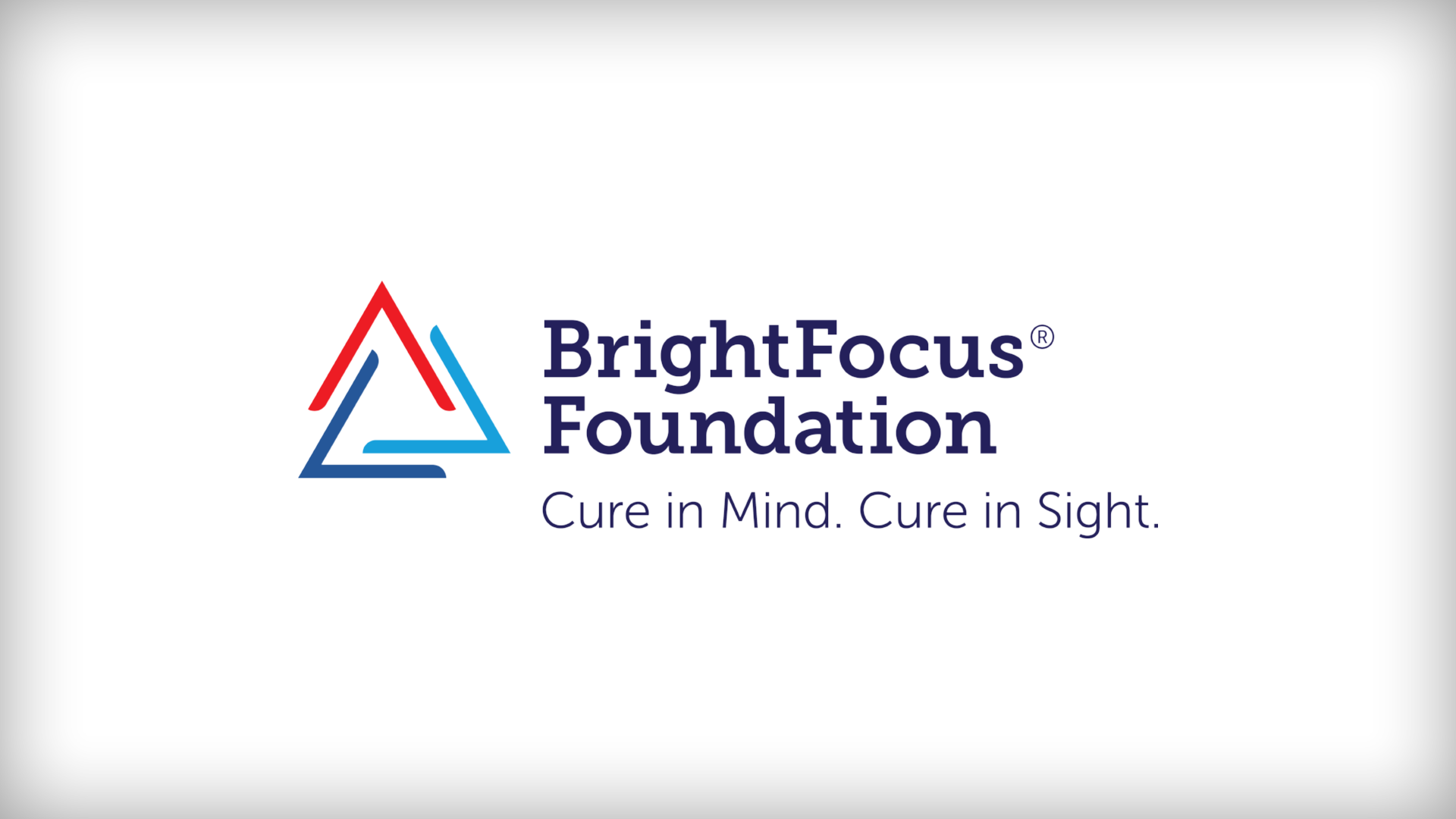Director, Vision Science Research, BrightFocus Foundation
Dr. Subramanian oversees the Macular Degeneration Research and National Glaucoma Research programs at BrightFocus Foundation. She ensures a high level of scientific accountability within the BrightFocus grant programs and engages and maintains a strong relationship with the scientific community. Before joining BrightFocus, Dr. Subramanian was a research scientist at the National Eye Institute (NIH) for more than 10 years. She received her Ph.D. in biochemistry from Virginia Commonwealth University, where she identified a novel role for bioactive sphingolipid ceramide 1 phosphate (C1P) in mediating inflammation.
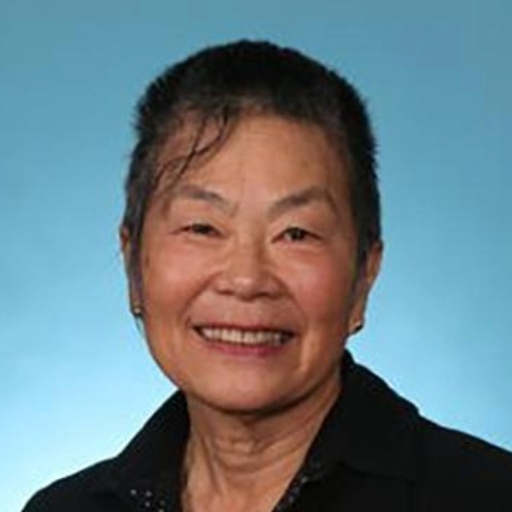 Mae Gordon, PhD
Mae Gordon, PhD
Washington University School of Medicine
Dr. Gordon is a professor in the Departments of Ophthalmology and Visual Sciences and Division of Biostatistics, Washington University School of Medicine in St. Louis, Missouri. Chief among Dr. Gordon’s contributions to eye research is the development of new measures and protocols. For the “Collaborative Longitudinal Evaluation in Keratoconus,” the first large-scale observational cohort study of Keratoconus, she helped develop the first photo-documentation protocol of corneal scarring with high test-retest and inter-grader reliability. Because this study did not have pilot data, a 10% random sample was recalled for retesting to confirm assumptions used to project statistical power. She received the Koch Award from the American Academy of Optometry for this collaboration. Other measures developed by Dr. Gordon include photo-documentation of contact lens fit in Keratoconus eyes, vision-specific quality of life survey in children with cerebral palsy, and the “Glaucoma Symptom Questionnaire.”

![]()
Gerard D. Schellenberg, PhD
Genetics Expert and Director, Neurodegeneration Genomics Center, University of Pennsylvania Perelman School of Medicine
Dr. Schellenberg is a professor in the Department of Pathology and Laboratory Medicine in the Perelman School of Medicine, University of Pennsylvania, where he is co-head of the Penn Neurodegeneration Genomics Center, director of the Alzheimer’s Disease Genetics Consortium, and co-director of the Genomic Center for Alzheimer’s Disease. His work focuses on applying advanced genome technology to finding human disease genes; he is one of the founders of the International Genomics of Alzheimer’s Disease Project, as well as a recipient of numerous prestigious awards, including the Potamkin Prize for Alzheimer’s Disease Research from the American Academy of Neurology and an R37 Merit Award for Genomic Analysis of Alzheimer’s Disease from the National Institute on Aging. Dr. Schellenberg received his Ph.D. in biochemistry from the University of California, Riverside.
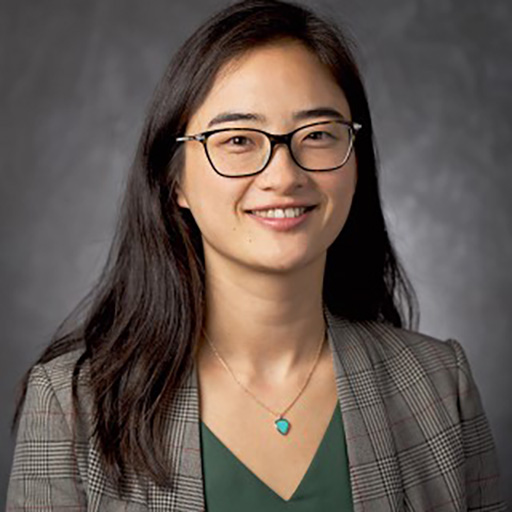 Daisy Y. Shu, PhD
Daisy Y. Shu, PhD
Ophthalmology Department, Harvard Medical School
Dr. Shu’s research focuses on the pathogenic mechanisms underlying age-related eye diseases. Her work investigates the roles of mitochondrial and metabolic dysfunction in retinal eye diseases such as age-related macular degeneration and proliferative vitreoretinopathy. She completed her Ph.D. at the University of Sydney, Australia. Her research has been recognized by several awards and grants, including the prestigious and competitive Fight for Sight and BrightFocus Foundation Postdoctoral Fellowships. Dr. Shu’s work has been published in leading peer-reviewed journals such as Progress in Retina and Eye Research, Scientific Reports, and Investigative Ophthalmology and Visual Sciences.



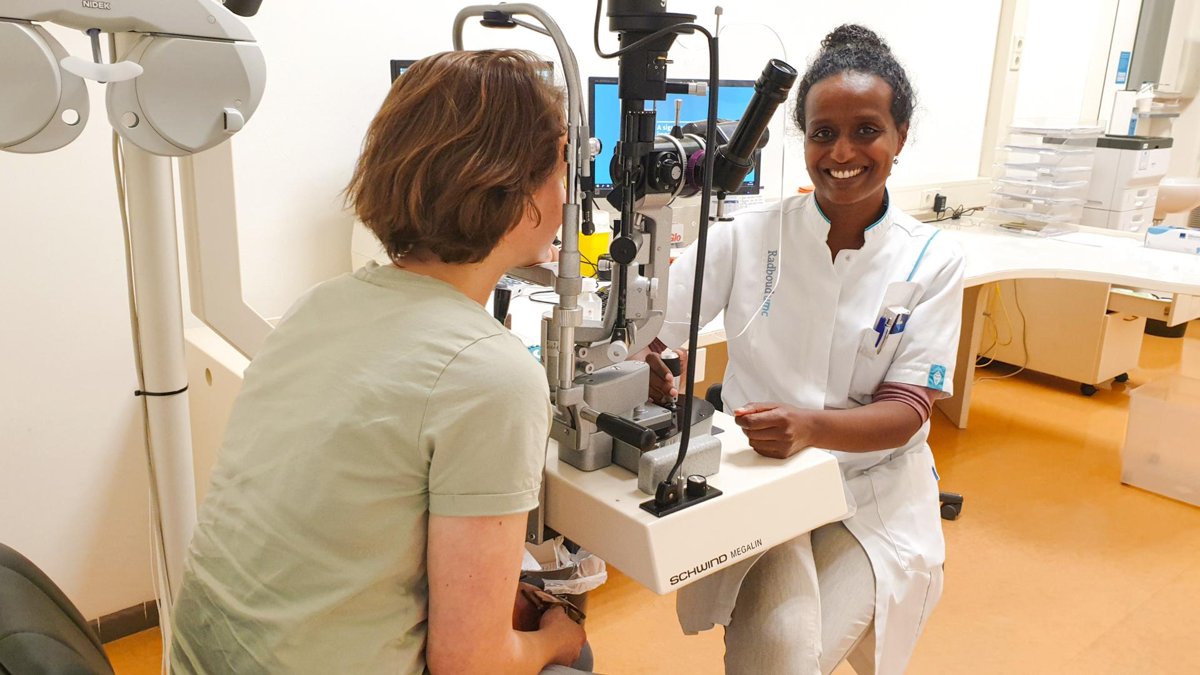


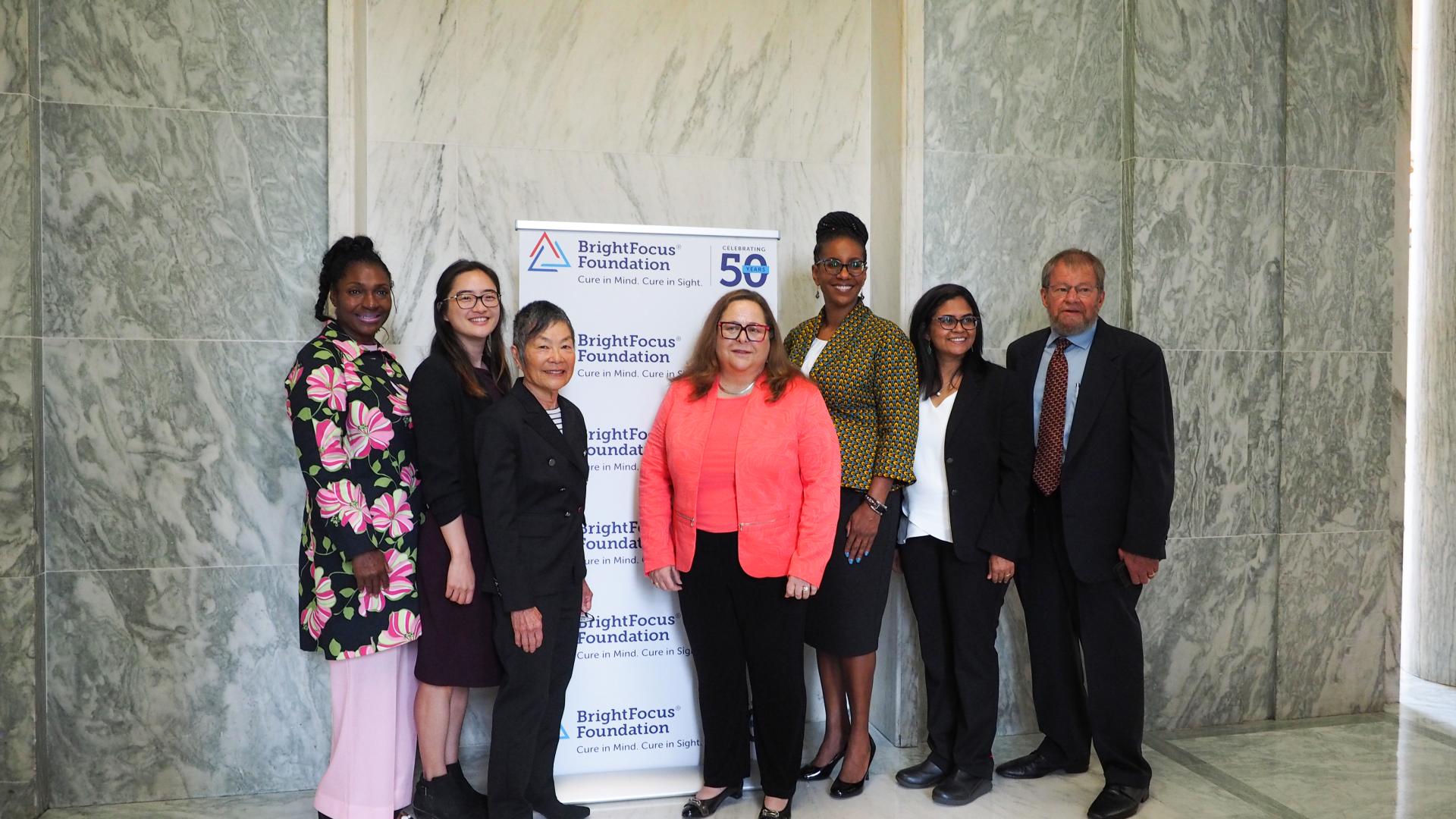
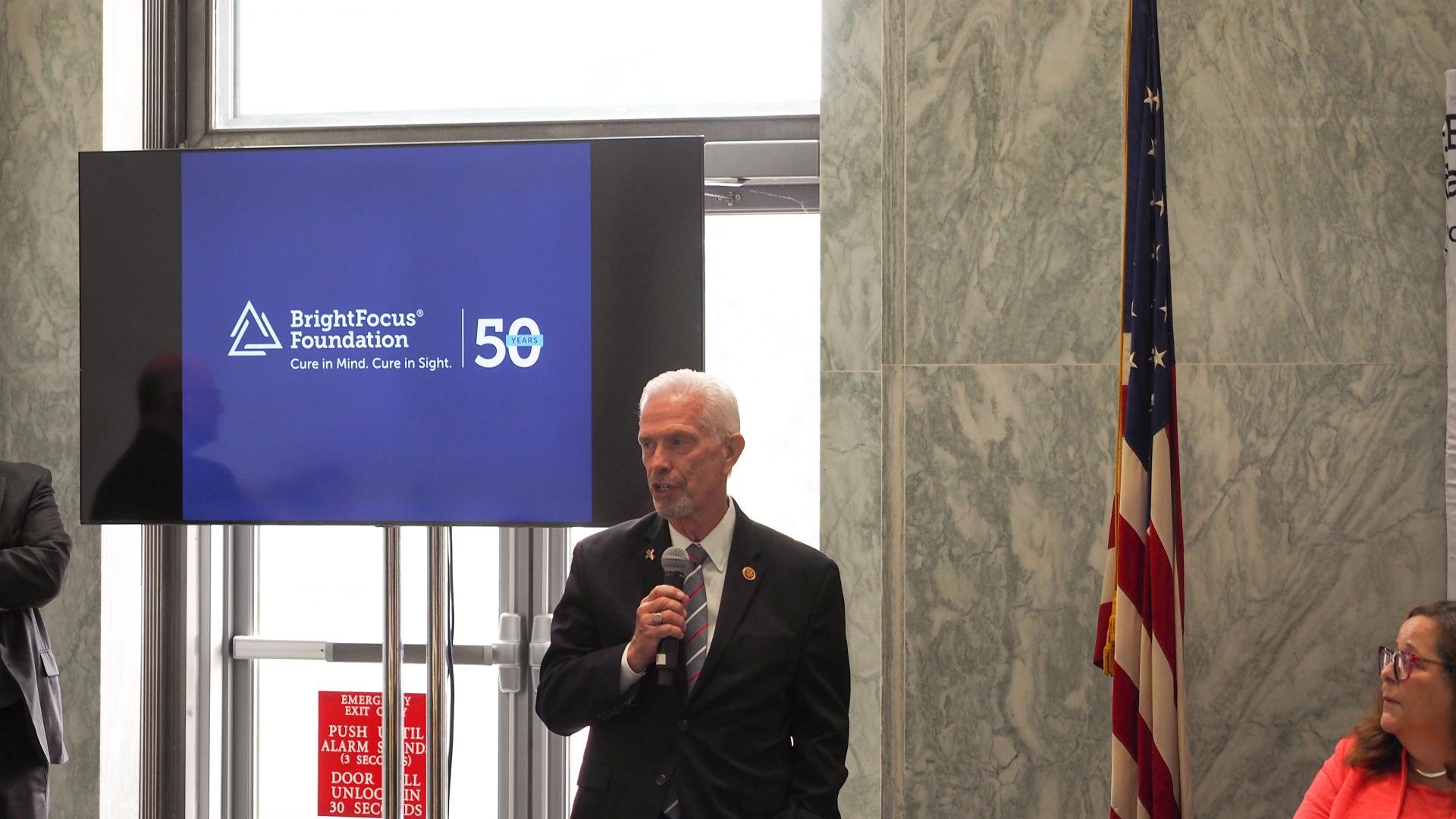

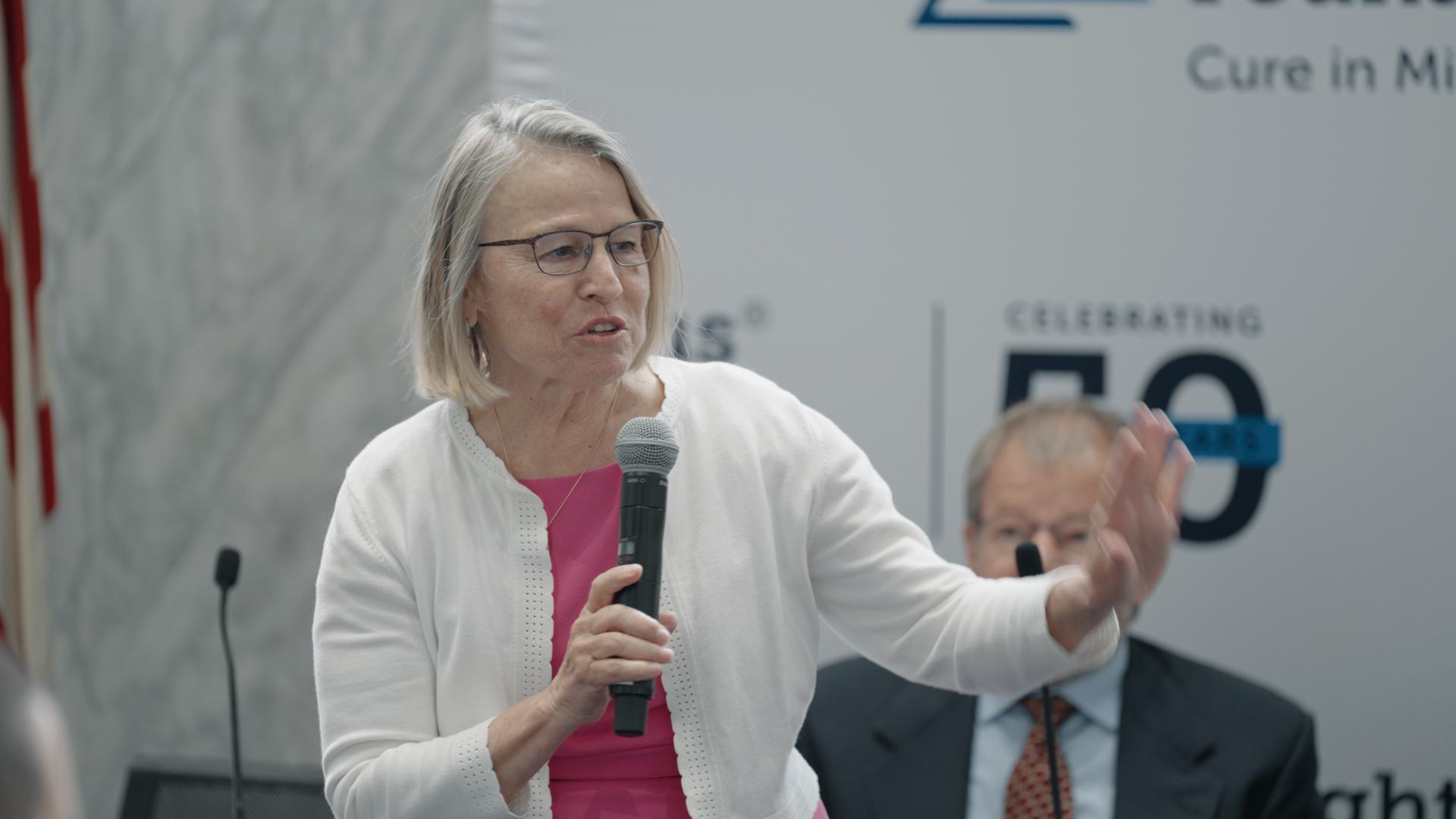

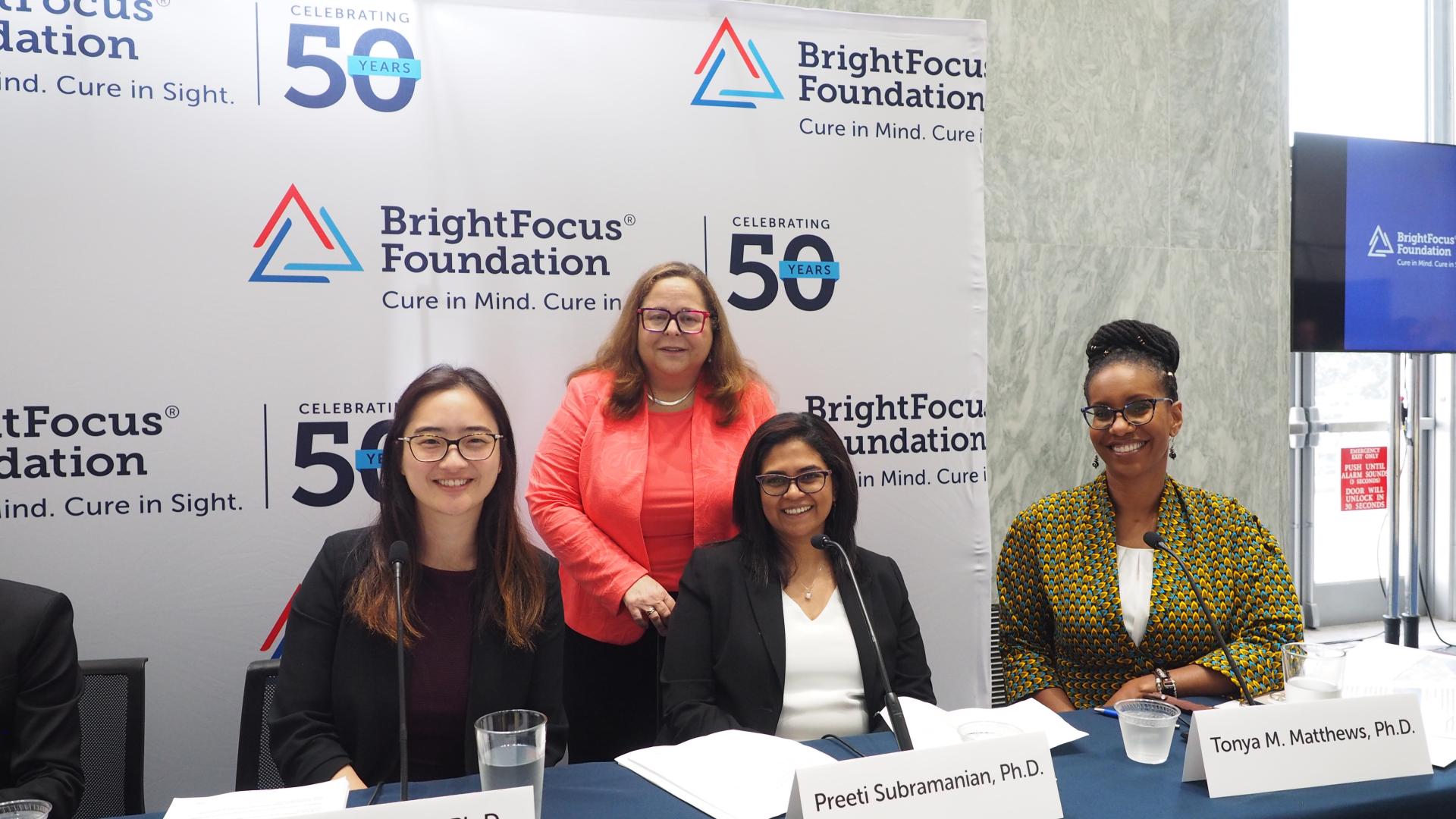
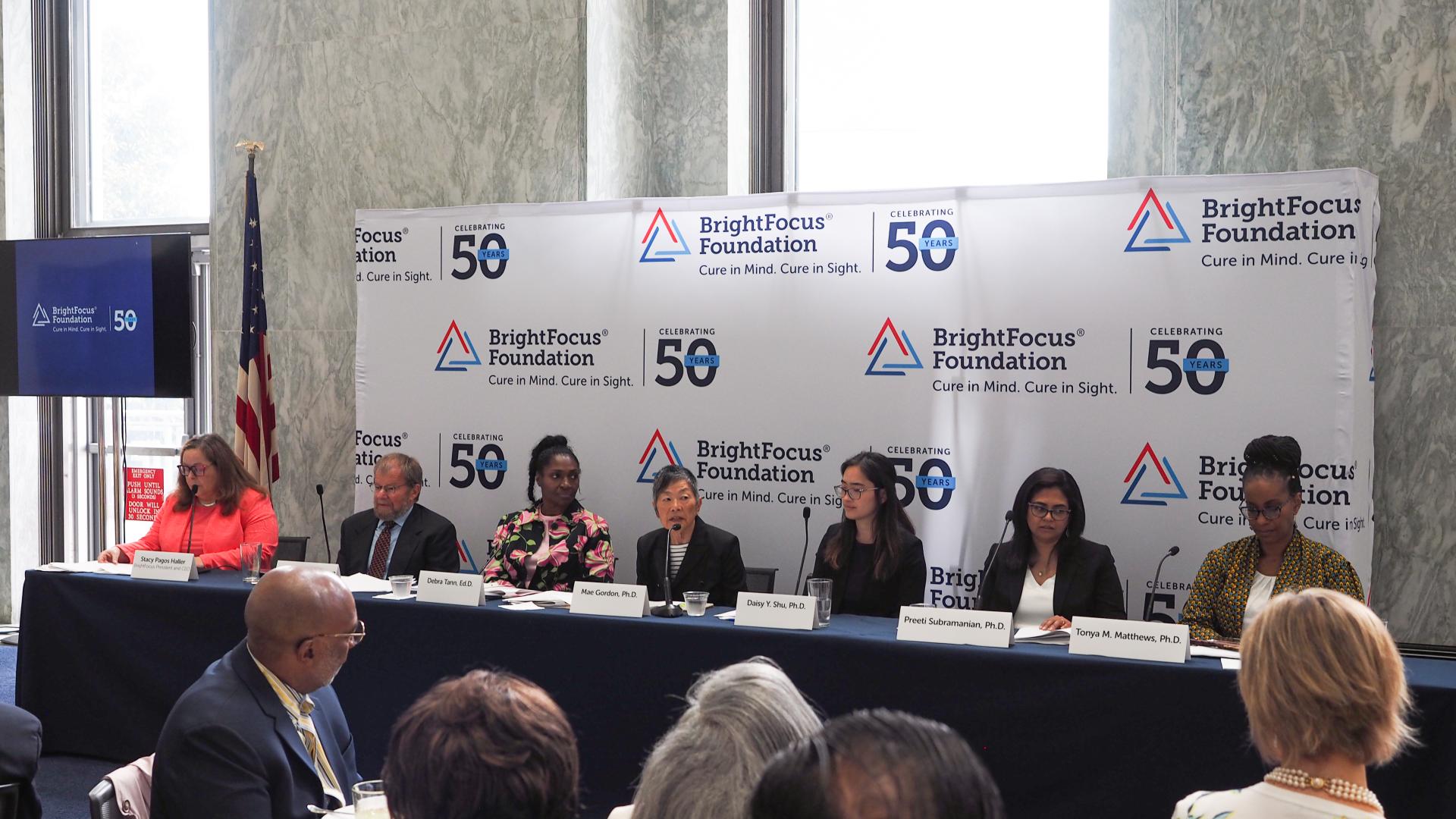

 Debra Tann, EdD
Debra Tann, EdD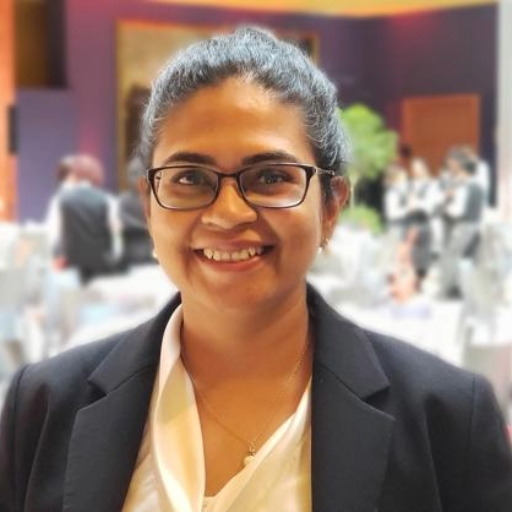 Preeti Subramanian, PhD
Preeti Subramanian, PhD Mae Gordon, PhD
Mae Gordon, PhD

 Daisy Y. Shu, PhD
Daisy Y. Shu, PhD